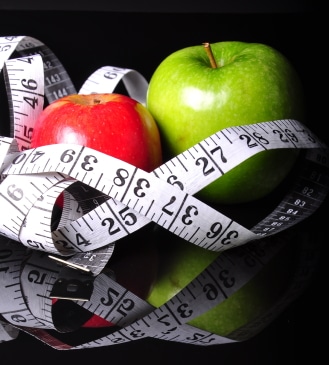Recently, a female patient of mine expressed her frustration at being unable to lose weight despite exercising more and increasing...

Recently, a female patient of mine expressed her frustration at being unable to lose weight despite exercising more and increasing...